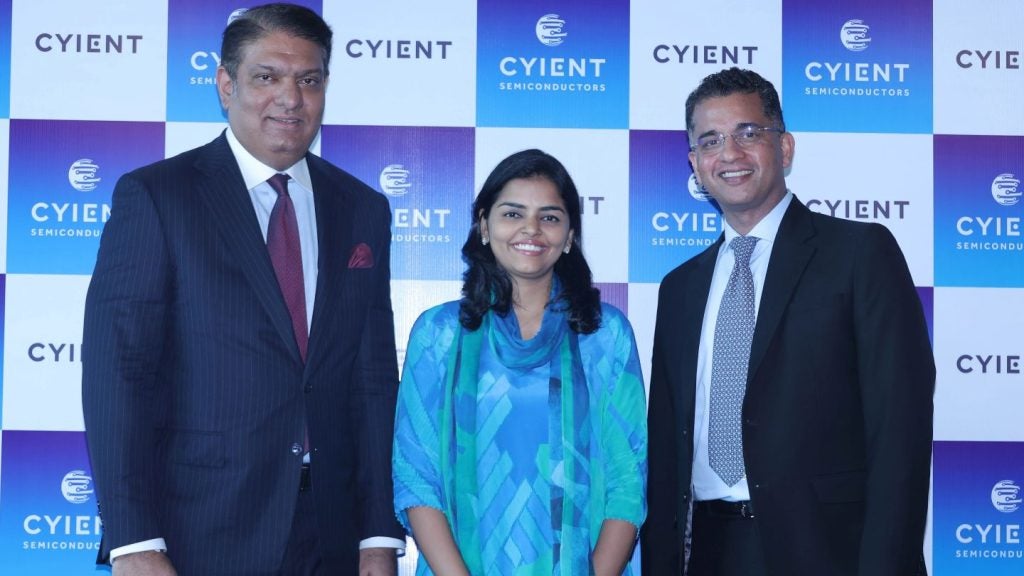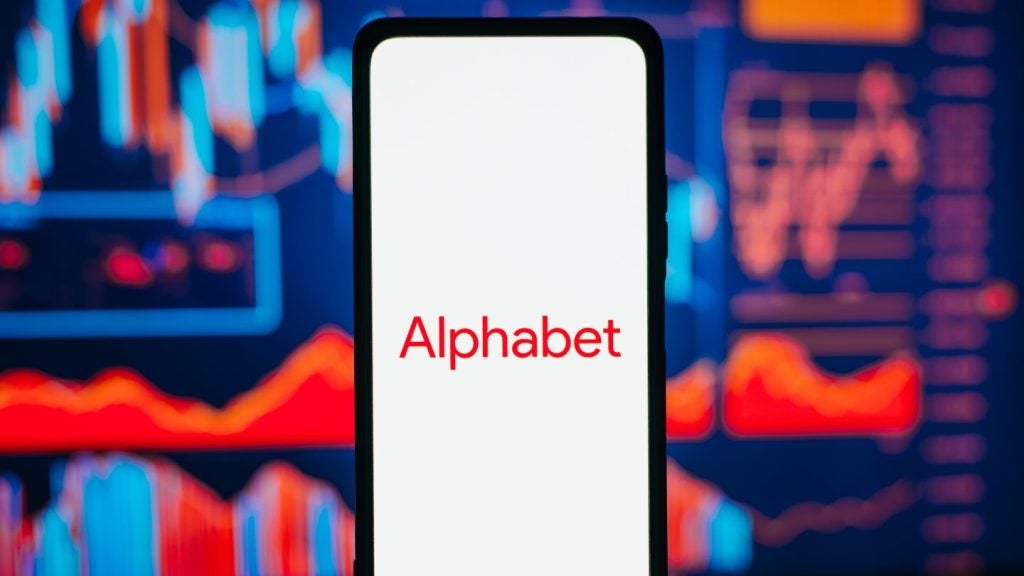
The 10 biggest smart city deals of 2022 shows that investors have not lost their appetite to inject cash into startups.
The digitisation of cities is a global project many tech companies are already involved in. To establish efficient connective sensors across entire cities, transport, household hardware, robotics, and artificial intelligence (AI) are only some of the industries that must be engaged with.
A 2022 GlobalData report shows that the smart cities market size was valued at $ 5.11bn in 2021. That figure is expected to grow at a compound annual growth rate of 8.1% during 2022-2026.
Several companies are capitalising on this growth by producing connected products and services that are at the centre of the multi-million-dollar deals raised by the smart city industry in 2022.
Let’s take a deeper look at the biggest deals in the smart city industry from 2022.
Volocopter secured $182m in Series E financing
In the biggest smart city deal of 2022, German-based urban-air mobility company Volocopter was invested in by Hong Kong company GLy Capital Investment and the Red Sea’s cognitive region project NEOM. Its valuation stood at $1.7bn following the deal.
Volocopter hoped to use the capital to certify its electric passenger aircraft the VoloCity air taxi. The company also offers a solution for sustainable mobility and develops multipurpose electric aircrafts to transport passengers and goods, which it claims will enable the physical and digital infrastructure to match.
While the deal was certainly a boon for Volocopter, don’t expect to see flying cars whiz about above a cityscape near you anytime soon. As we’ve reported in the past, technical, political and regulatory challenges still stand in the way for these kind of vehicles.
Orvibo obtained $157m in Series E venture funding
China-based technology company Orvibo is focused on internet of things (IoT) technology, manufacturing household hardware and it is also a smart home suppliance provider. Its current valuation is estimated to be between $550m and 825m, according to Dealroom.com.
In the first quarter of 2022, Orvibo raised one of the biggest deals in the smart city industry last year. brought together companies from a variety of industries.
Investors included multimedia company Tencent, home furniture manufacturer Suofeiya Home, venture capital firm Huaxing Growth Capital, retail company Fusen Noble House and the state-owned Assets Supervision and Administration Commission of Pinxiang City.
Rokid bagged $110m in Series C funding
Rokid is a China-based AI and robotics startup that develops smart home devices featuring advanced AI, AR, and deep learning.
The devices deliver information on-demand and perform tasks via voice and visual interactions. It is also a global market player in the development of smart glasses, alongside Alphabet and Seiko Epson.
The company declined to disclose its investors for this deal or its post-money valuation. It did say intended to use the funds for technology research and development, marketing, and ecological construction.
It’s valuation currently stands at $1.2bn, according to Dealroom.com.
Sitetracker raised $96m in Series D funding round
Sitetracker is a software developer. It designs software to boost deployment operations management for critical infrastructure providers.
It raised a $96m Series D round in 2022. The company will use the funds to scale its global capabilities to support renewable energy, 5G, fibre, and telecom digital infrastructure.
Dealroom.com estimates that Sitetracker’s valuation is between $264m and $396m.m.
Energize Ventures led a new round of equity funding totalling $66m, and BridgeBank, a subsidiary of Western Alliance, provided a $30m revolving credit facility.
Guiseppe Incitti, Sitetracker’s CEO, said “This new financing will help us continue to expand our market presence while also investing in our technology so we can stay ahead of the curve in the dynamic energy and connectivity industries.”
Morse Micro secured $94.76m in Series B venture funding
Morse Micro is an Australia-based semiconductor company. It’s the creator of the Wi-Fi HaLow chip, which is used in connected home automation devices. These connected devices are often part of the cityscape.
Not only do semiconductors underpin the electronics that we use in our everyday lives such as smartphones, but they are also critical for the data gathering processes that smart cities operate on.
That is why Morse Micro’s $94.76m Series B round has earned its place on the list of the biggest smart city deals in 2022.
Morse Micro said it intended to use the funds from the round to fund its expansion into Japan. Dealroom.com estimates that Morse Micro’s current valuation stands at $700m.
Investors backing the raise included Blackbird Ventures, SpringCapital Investment, Skip Capital and Uniseed, the Clean Energy Finance Corporation, CSIRO Financial Services, Megachips Corporation .
Pocket Aces Pictures obtained $42m in Series A funding
Pocket-Aces Pictures is an India-based provider of Loco, an interactive app for gaming and esports. It secured a $42m Series A funding round in 2022.
Pocket-Aces Pictures said it would use the funds from this deal, to keep developing in the gaming ecosystem.
According to Business Standard, the company’s valuation stands at $200m following the deal.
Investors included Catamaran Ventures, Hashed, Hiro Capital, Korea Investment Partners, Lumikai Fund and Makers Fund.
Passivelogic raised $34m in Series B funding
Passivelogic is a US-based startup developing a fully autonomous real-time building controls platform. Dealroom.com estimate that it’s worth about $170m.
Pssivelogic works towards modernising building infrastructure and connectivity essential for developing of smart cities. It also promotes sustainability through energy efficiency, as buildings currently produce 39% of global energy related carbon emissions.
Its investors included A/O Proptech, Addition L.P. Keyframe Capital Partners, Brookfield Growth Partners, RET Ventures and Era Ventures.
UrbanFootprint bagged $25m in Series B venture funding
UrbanFootprint has developed an urban intelligence platform. It raised a $25m Series B round in 2022.
It intended to use the raised funds from this deal to accelerate the delivery of climate and community intelligence to the energy, government, finance and real estate sectors.
These sectors will be able to utilise UrbanFootprint’s data for their climate strategies within the development of smart cities.
Investors included 2150 UK, A/O Proptech, Assured Guaranty, Citigroup, Social Capital, Valo Ventures and Radicle Impact.
Seoul Robotics secured $25m in Series B funding
Founded in 2017, Seoul Robotics provides the mobility industry with advanced computer vision for 3D sensors and autonomy through infrastructure’ (ATI), which involves placing autonomous driving systems on infrastructure rather than each car.
It secured a $25m Series B raise in 2022. It would use the funds from this deal for its ATI project to transform the logistics industry and bring the application of smart transportation to fruition.
Dealroom.com estimates that the company is worth between $100m and $150m.
Venture capital firms Access Ventures, Artesian Venture Partners and KB Investment participated in the raise. Other backers included Future Play, Korean Development Bank and Noh & Partners.
The Sleep Company raised $21.38m in Series B Funding
The Sleep Company is an India-based tech startup using science and ergonomics to manufacture mattresses and bedding products. It raised $21.38m in a Series B round in 2022.
The deal was backed by venture capital firm Alteria Capital Advisors, investment firm Fireside Ventures and private equity firm Premji Invest.
The Sleep Company planned to utilise the funding from this deal to expand its retail presence and build a global business. Traxcn estimates that the startup worth $86.1m.







